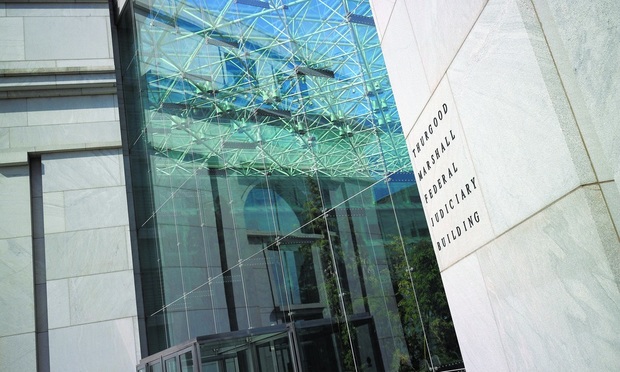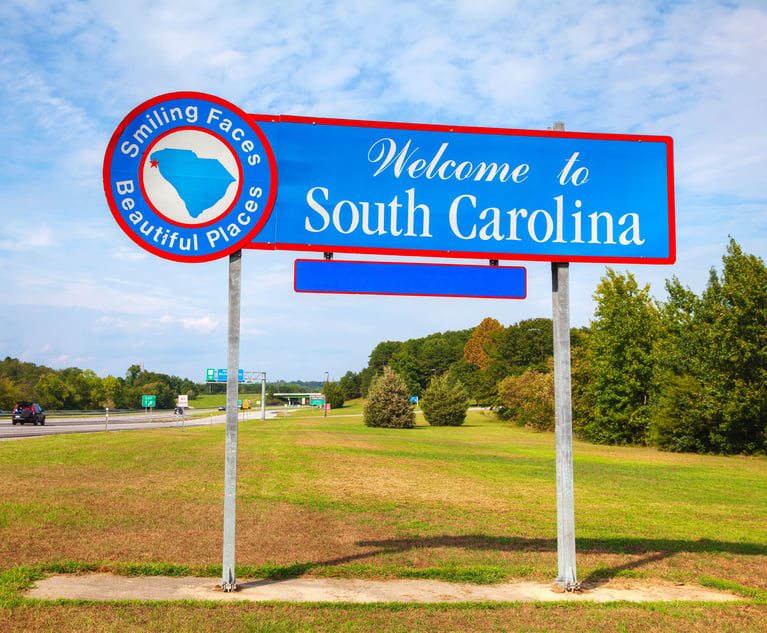Starting on March 1, more than 1,000 employees of the federal judiciary will be subject to a policy that prohibits them from partisan political activity, including campaign contributions.
Judges and court employees have lived under similar rules for decades, but the new policy extends the restrictions to those who work at the Administrative Office of the U.S. Courts and the Federal Judicial Center, both based at the Thurgood Marshall Federal Judiciary Building in Washington, D.C.
This content has been archived. It is available through our partners, LexisNexis® and Bloomberg Law.
To view this content, please continue to their sites.
Not a Lexis Subscriber?
Subscribe Now
Not a Bloomberg Law Subscriber?
Subscribe Now
LexisNexis® and Bloomberg Law are third party online distributors of the broad collection of current and archived versions of ALM's legal news publications. LexisNexis® and Bloomberg Law customers are able to access and use ALM's content, including content from the National Law Journal, The American Lawyer, Legaltech News, The New York Law Journal, and Corporate Counsel, as well as other sources of legal information.
For questions call 1-877-256-2472 or contact us at [email protected]










